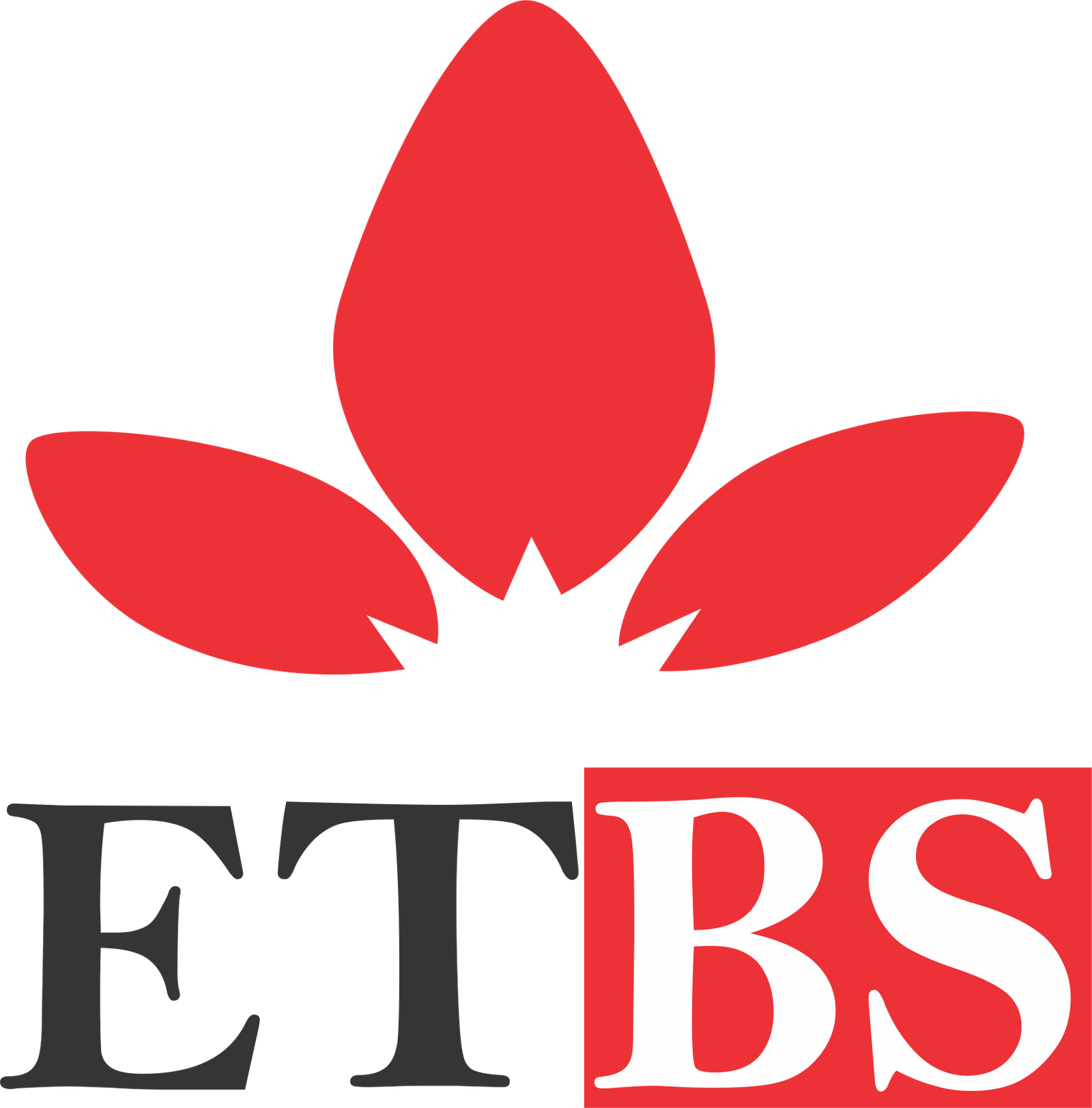 EarthTab Business School
EarthTab Business School
☰
|

Welcome To Earth Tab Business School. My name is Jack Thompson, and I will be Course Preceptor for The Course Film Criticism and Analysis. Film, as both a narrative art form and a technological medium, has evolved into one of the most influential vehicles for culture, ideology, emotion, and social commentary. The course "Film Criticism and Analysis" is a deeply immersive exploration into the theoretical, practical, cultural, and artistic dimensions of cinematic storytelling. It offers you the tools, language, and intellectual frameworks to dissect, interpret, and evaluate films from diverse genres, regions, periods, and ideological backgrounds. This course is not merely about watching movies, it is about reading films as complex cultural texts. Through a rigorous combination of critical theory, cinematic history, narrative mechanics, and aesthetic inquiry, you will learn how to engage deeply with the language of cinema: mise-en-scène, cinematography, editing, sound, acting, genre conventions, symbolism, and ideological subtexts. You will explore how filmmakers construct meaning, how audiences interpret these meanings, and how cultural, political, and historical contexts shape cinematic creation and reception. As an advanced-level course, "Film Criticism and Analysis" trains you to apply interdisciplinary methodologies from semiotics, psychoanalysis, feminism, Marxism, postcolonialism, structuralism, post-structuralism, and queer theory to the study of film. It encourages independent, scholarly interpretation supported by detailed textual evidence and critical reasoning. You will also be introduced to classical and contemporary film theorists from André Bazin and Laura Mulvey, to David Bordwell, bell hooks, and Stuart Hall. Importantly, this course provides a global lens, encouraging you to examine not only Hollywood cinema but also world cinema, avant-garde, documentary, African cinema, Asian cinema, European art house, and indigenous filmmaking practices. You will assess the aesthetic, political, philosophical, and emotional qualities of film as a medium of artistic expression, social commentary, and ideological reinforcement or subversion. In addition to theoretical exploration, the course emphasizes the craft of writing film criticism. You will learn how to construct insightful reviews, academic essays, and op-eds that analyze a film’s technical, narrative, and thematic components. Workshops on critical writing, argumentation, and voice will be provided to refine each student’s ability to write clearly, convincingly, and with intellectual nuance. By the end of the course, you will not only be proficient critics but also empathetic and socially aware analysts capable of interpreting cinema in ways that reveal deeper truths about humanity, society, and the power of visual storytelling. Upon successful completion of this course, you will be able to: Critically analyze films using formal cinematic language and terminology. Evaluate thematic content, ideological frameworks, and sociopolitical implications in both mainstream and independent films. Demonstrate mastery of classical and contemporary film theories, applying them to case studies with intellectual rigor. Distinguish between different cinematic styles, genres, and movements across time and cultures. Construct sophisticated written critiques and analytical essays that synthesize multiple levels of meaning in a film. Engage in thoughtful and scholarly discussions on cinematic aesthetics, authorship, audience reception, and ethics. Apply interdisciplinary tools (literary theory, philosophy, sociology, psychology, etc.) to interpret films within larger cultural discourses. Understand the impact of historical, cultural, racial, gendered, and global contexts on the production and reception of film. Narrative Structure and Screenwriting Devices Film Aesthetics and Mise-en-Scène Cinematic Sound and Music Analysis Editing and Rhythm Auteur Theory and Directorial Signature Genre Analysis and Conventions Ideology and Representation Psychoanalytic Film Theory Feminist and Queer Film Theories Postcolonial and Third Cinema Approaches Semiotics and Structuralist Analysis Spectatorship and Reception Studies Global and Transnational Cinema Ethics of Film Criticism and Journalism This course uses a blended approach that includes: Lectures and theory sessions Close scene analysis workshops Weekly screenings (feature-length films, short films, documentaries) Reading seminal theoretical texts Writing assignments (academic critiques, comparative essays, personal response pieces) In-class debates on controversial or landmark cinematic topics Guest lectures or interviews with filmmakers, scholars, or critics Peer-reviewed writing workshops Final project or thesis paper applying critical theory to a selected film or director Citizen Kane : Orson Welles Do the Right Thing : Spike Lee In the Mood for Love : Wong Kar-wai Parasite : Bong Joon-ho Vertigo : Alfred Hitchcock Black Girl (La Noire de…) : Ousmane Sembène Moonlight : Barry Jenkins Metropolis : Fritz Lang The Battle of Algiers : Gillo Pontecorvo The Piano : Jane Campion The Matrix : The Wachowskis Pan’s Labyrinth : Guillermo del Toro Portrait of a Lady on Fire : Céline Sciamma 12 Angry Men Sidney Lumet André Bazin : What Is Cinema? Laura Mulvey :Visual Pleasure and Narrative Cinema David Bordwell & Kristin Thompson : Film Art: An Introduction bell hooks :Reel to Real: Race, Sex, and Class at the Movies Stuart Hall :Encoding/Decoding Peter Wollen : Signs and Meaning in the Cinema Linda Williams : Film Bodies: Gender, Genre, and Excess Susan Hayward : Cinema Studies: The Key Concepts James Monaco :How to Read a Film Tania Modleski : The Women Who Knew Too Much Conclusion Film Criticism and Analysis is more than a course; it is a voyage into the soul of visual storytelling. It asks you not just to observe, but to interpret; not just to review, but to question; not just to enjoy, but to understand the layers beneath the moving image. By equipping you with advanced critical frameworks, rich theoretical insights, and refined analytical writing skills, this course empowers them to navigate the cinematic landscape with intellectual confidence and cultural sensitivity. Through this journey, you will learn that cinema is not merely entertainment, it is language, literature, philosophy, history, culture, and emotion all rolled into one. I look forward to congratulating you upon the completion of this course.Course Overview
Key Learning Outcomes
Core Concepts Covered
(Three-act structure, character arcs, exposition, conflict, climax, resolution)
(Cinematography, lighting, framing, set design, costuming, composition)
(Diegetic vs. non-diegetic, sound bridges, motifs, silence, score, foley)
(Continuity editing, montage, temporal ellipses, match cuts, jump cuts)
(Exploring filmmakers as artists and cultural commentators)
(How genre shapes audience expectations and filmic language)
(Race, gender, class, nationality, sexuality, disability, and identity)
(Desire, the gaze, subconscious symbolism, Freudian/Lacanian analysis)
(Deconstructing patriarchal narratives, gendered spectatorship, subversion)
(National identity, resistance cinema, Western hegemony in representation)
(Signifiers, signs, codes, intertextuality, myth-making)
(How diverse audiences interpret films differently)
(Comparative cultural narratives, diasporic voices, cross-border storytelling)
(Bias, power dynamics, historical responsibility, impact of critiques)Methodology and Approach
Representative Films Studied (Sample)
Course Assessment Criteria
Essential Readings

Unlocking Professional Potential through world-class assessments and industry-ready training.
"Empowering Professionals through practical, accessible online business education"
- Blessing Princess Agho
 Founder/Lead Instructor
Founder/Lead Instructor